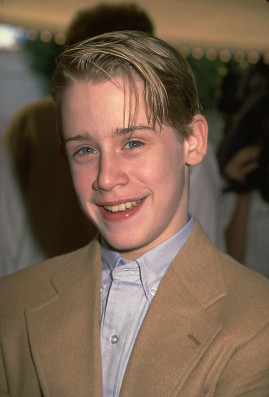Freud - The father of psychoanalysis gets its own Netflix show
Netflix´s first Austrian series adds a twist to history
I am a house. In me it is dark. My consciousness is a solitary light. A candle caught in a drought. It flickers. Everything else lies in the shadows. (Freud, S01E09 Netflix 2020.)
Austrian’s first collaboration with Netflix brought up some smoke and fire as the psycho-thrilling drama Freud unveiled in late March. Set in 1886. With a total of the eight-episode strike is the story of one of the most famous figures in psychology and psychoanalysis, Sigmund Freud. This is no Cronenberg’s Freud from Dangerous Method, truth be told, though the methodical approach is to be found in a fictitious root. Austrian’s champion of a horror tale, Marvin Kren, came up with a hefty taboo-psyche piece, hypnotising certainly the fans of the Vienna Blood, The Ripper’s Street, Taboo or Penny Dreadful, and for a good reason.
Through episodes named solidly after 8 stages in his analysis (Hysteria, Trauma, Somnambulant, Totem and Taboo, Desire, Regression, Catharsis, Suppression) we meet the young scientist played by a brilliant Austrian actor Robert Finster on the beginning of his doctoral practice. Dubbing Vienna are the corridors and streets of Prague, the young doctor is far from its revered or modern pop-culture used sexual suppression reference. Here, Freud is nicknamed Shlomo by his colleague and friend, his ideas on hypnosis and its usage in coining psychoanalysis are obscene and anxieties are seen as bare lies from his senior fellows.
Medical disputes in late 19.ct.- that is at the rim of the groundbreaking age in natural sciences- are here set to a quite interesting, matter-of-factly attitudes. The white wards still use ice therapy and isolation while treating the illness of the mind from outside. From the first episode to last, Freud is conceptualizing the idea of a mind as a labyrinth that is scarcely illuminated and full of insecurities. His first presentation includes a bit of a charlatanry trick and his experiment is rejected with a solid laugh. Coinciding comes about the news in the local police station of an unusual murder of a prostitute and, later on, an unsettling disappearance of a young girl. Shrouded in the ominous ways of pursuit, lieutenant Georg Friedrich (Alfred Kiss) crosses paths with Freud as the latter becomes a sort of consultant in a Sherlock-Watson manner.
On the other side, Freud’s friendships will take him to the noble family of Szapáry, a Hungarian nobility now setting fire in the heart of Vienna with their provocative bacchanalia and radical anti-Austrian politics. This layer remains greatly accentuated for the better part of the series as the historiographic details and the socio-political tides of anti-Semitism and independency are stretching.
Adding more of the Penny Dreadful charm is the secluded Szapáry protégée Fleur Salome (played by Ella Rumpf), who sets the rhythm with Freud in a passionate yet foreboding duet. A seer and a therapist, both with unclear ideas of themselves, will thus join forces against a monstrous serial killer hoarding the underground of Vienna’s homeless nooks. With the darkness reflecting on the protagonists, the series´ atmosphere results in an unequal charm, though the execution of actors and directing alike are more than satisfactory.














